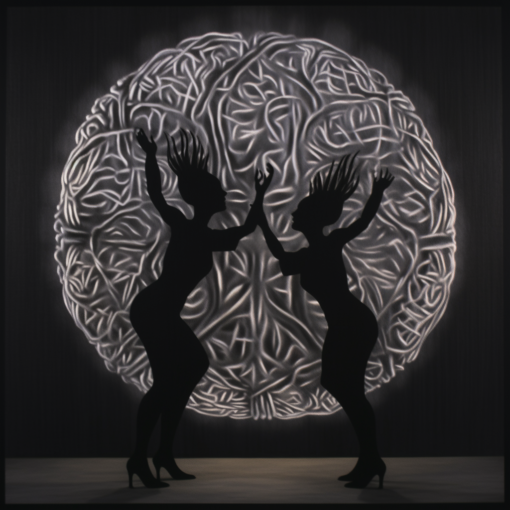Greetings, dear readers!
Today, let’s venture into the enigmatic terrain of human psychology to explore a ubiquitous yet puzzling phenomenon – superstition. Whether it’s avoiding the path of a black cat, knocking on wood to prevent jinxing good fortune, or carrying a lucky charm for a crucial meeting, we’ve all come across such intriguing practices. But have you ever wondered why superstitions hold such a sway over us, despite living in an age of scientific advancement and rational thought?
Superstition, in essence, is a belief in supernatural causality. We link an action or event to an unrelated outcome based on the belief in luck, fate, magic, or spiritual beings. These connections often lack scientific backing, yet they persist and thrive across cultures and societies worldwide.
Why do we humans, rational beings that we are, give into such irrational practices? The roots of this behaviour extend into our deep-seated psychological wiring.
Firstly, we must consider the human proclivity for recognizing patterns. It’s an evolutionary trait that has helped our ancestors survive. We look for patterns and correlations to make sense of the world around us. Superstitions emerge when this pattern-seeking tendency meets the randomness of life. For instance, if wearing a certain shirt coincided with a successful business deal, we might label it as our “lucky shirt,” regardless of any logical connection between the two.
Secondly, superstitions often offer an illusion of control in situations where we feel helpless or uncertain. When facing an unpredictable event, a superstition can provide comfort and reduce anxiety. Psychologists term this the ‘illusion of control’ – a tendency to overestimate our ability to control events, particularly when the stakes are high and the outcome uncertain.
Lastly, the reinforcement of certain superstitions through positive outcomes strengthens our belief in them. This is known as operant conditioning, where behaviours followed by favourable outcomes are likely to recur. For instance, if a ritual performed before a big game seems to bring victory, it becomes a pre-game tradition, perpetuating the superstition.
Though often dismissed as irrational, superstitions serve important psychological functions. They ease our anxiety, create order out of chaos, and make life’s uncertainties a little more bearable. It’s fascinating how our minds, in their quest for control and coherence, conjure these interesting beliefs and rituals.
As rational as we may believe ourselves to be, it’s intriguing to acknowledge the power superstitions can wield over our actions. Perhaps understanding their psychological underpinnings might make us more forgiving of our own idiosyncrasies and those of others around us. After all, a little charm of chance never hurt anyone, has it?
Until next time, remember that it’s okay to knock on wood, carry a lucky charm, or have your quirky ritual. If it provides you comfort and harm no one, it’s all part of the grand tapestry of human psychology. Happy exploring, dear readers!
With charm and chance,
Percival

Further Reading:
- “The Science of Superstition”: Scientific American provides a comprehensive explanation of the psychology behind superstition.
- “Superstitious Mind: The Ritualistic Root of Religion and Magic”: An article from Psychology Today delves into the correlation between superstition, religion, and magic.
- “The Psychology of Superstition”: This article from Verywell Mind offers a look at various psychological aspects of superstition, such as the illusion of control and operant conditioning.





8 thoughts on “The Charm of Chance: Exploring the Psychology of Superstition”
Your point of view caught my eye and was very interesting. Thanks. I have a question for you. https://accounts.binance.com/sk/register-person?ref=OMM3XK51
Thanks for sharing. I read many of your blog posts, cool, your blog is very good.
Your article helped me a lot, is there any more related content? Thanks!
Your point of view caught my eye and was very interesting. Thanks. I have a question for you.
Okay, wagiplus8818com is my new go-to spot. Great selection of games and the customer service is on point. Give them a try, you won’t be disappointed.
Your article helped me a lot, is there any more related content? Thanks!
Anyone here know anything about 8clb89? I’m always on the lookout for good sports betting sites, so if ya have any insights, please share! Check it out here: 8clb89, sharing is caring!
Downloaded the 939betcomapp the other day. It’s actually pretty smooth. Navigation is easy, and placing bets is a breeze. I’d recommend giving it a shot if you’re into mobile betting. More details here: 939betcomapp